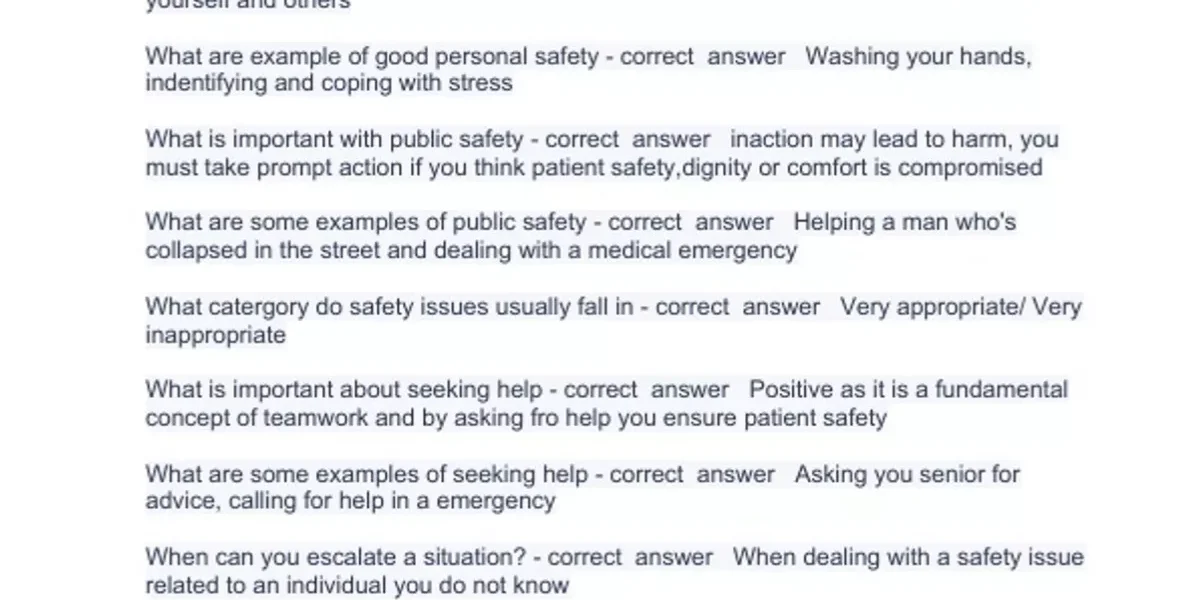AFOQT Situational Judgment: Understanding the Test
Sit down, buckle in, and get ready for a journey through the AFOQT Situational Judgment section. The Air Force Officer Qualifying Test, or AFOQT, is a crucial step for aspiring Air Force officers. Among its diverse sections, the Situational Judgment segment stands out for testing candidates on moral reasoning and decision-making skills.

What is Situational Judgment?
Situational Judgment does not test technical knowledge or rote memorization. It evaluates how one might react in varied work-related situations. Candidates face scenarios requiring critical analysis. They must assess options and choose the best course of action. This resembles real-world military decisions where one’s response impacts missions and team dynamics.

The Structure of the Test
Questions in this section present realistic workplace situations. Each question includes a brief scenario followed by multiple responses. Candidates must select the most effective response, considering the circumstances. Not only the ‘best’ choice, but also the least effective response option is usually required. This dual-selection gauges both positive judgment and avoidance of poor decisions.

Why Situational Judgment Matters
In leadership roles, judgment is key. Officers routinely face complex dilemmas. The Situational Judgment section simulates these challenges, predicting a candidate’s capability to handle responsibility. Good judgment ensures smooth operations and maintains unit cohesion. The Air Force values members who can decide under pressure, often with limited information.

Example Scenarios
To illustrate, consider this everyday military scenario: Your team prepares a presentation for senior officers. Suddenly, the lead presenter calls in sick. Options may include:

- Asking another team member to present.
- Postponing the presentation.
- Delivering the presentation yourself without adequate prep.
- Requesting further guidance from a supervisor.
Each choice has pros and cons. Selecting someone else might share the workload. Taking on the task yourself shows initiative but risks quality without preparation. Seeking guidance demonstrates humility but may appear indecisive. Thus, candidates learn to weigh options and consider consequences.

Approaches to Studying
Preparation for the situational judgment test involves understanding decision-making principles. Start by reviewing common scenarios encountered in military life. Engage with case studies and analyze the decisions made. Familiarize yourself with core values and ethics emphasized by the Air Force such as integrity, service, and excellence.

Practice with sample questions available in AFOQT test prep books and online resources. Discuss scenarios with peers or mentors, gaining insight from their perspectives. Real-world experience also contributes immensely. If possible, engage in leadership roles or environments requiring quick decision-making.

Common Challenges
Multiple factors complicate decision-making. Stress can obstruct clear thinking. Limited information might constrain choices. Pressure to perform can lead to rushed or biased decisions. Recognize these barriers and practice staying composed under duress. Make conscious efforts to deliberate and apply consistent reasoning, even when stressed.

Minimizing Errors
Error minimization starts with awareness. Be cognizant of biases influencing judgments. Confirmation bias, where one favors information confirming existing beliefs, often derails objective decision-making. Similarly, the halo effect may cause over-reliance on emotional impressions rather than facts. Identifying these traps improves your situational judgments.

The Role of Feedback
Feedback is a powerful tool for enhancement. After completing practice scenarios, seek constructive criticism. Review your thought processes for each question, especially those marked incorrect. Understanding where reasoning faltered aids future decision-making improvements. Use insights from feedback to refine approaches and build on strengths.

Useful Resources
Numerous resources exist for enhancing situational judgment skills. Books on leadership and military management are insightful. Titles like The Armed Forces Officer or Principles of War provide valuable context. Online courses focusing on critical thinking and ethics complement traditional materials.

Simulations or role-playing exercises also refine abilities. These practices engage decision-making in dynamic, unpredictable environments, mirroring real-life military experiences. Local community events or military groups may offer workshops and meetups, opening dialogue for shared learning.

Importance of Ethics
Ethics are the backbone of effective situational judgment. Understanding and adhering to ethical standards ensures decisions align not only with personal values but also organizational expectations. In the Air Force, integrity — doing the right thing even when no one is watching — is non-negotiable. Decisions harmonious with ethical standards uphold trust and mission success.

Final Thoughts
The Situational Judgment section of the AFOQT is a testament to an individual’s readiness for leadership. It distinguishes candidates capable of making prudent decisions under pressure. Embrace the challenge by honing your analytical skills and reinforcing ethical values. Preparation and practice lay the foundation, but the test is also an opportunity to reflect growth and commitment to excellence.

The Pilot’s Handbook of Aeronautical Knowledge is an essential reference for aviation students.



